Experiential Learning in the Social Sciences
CAS students delve into social sciences writing — in research and work
CAS students delve into social sciences writing — in research and work
This summer, students eager to explore their interests in social science beyond the classroom gained experience reporting for research institutes on campus, thanks to the new Social Science Summer Writing Internship Program (SWIP).
The program, funded by Arts & Sciences Dean’s Advisory Board member Jennifer Simpson (CAS’ 00), was launched as a collaboration between the CAS Writing Program’s Writing in the Disciplines (WID) initiative and the Center for Innovation in Social Science (CISS) to provide hands-on writing experiences for students with a background in social science.
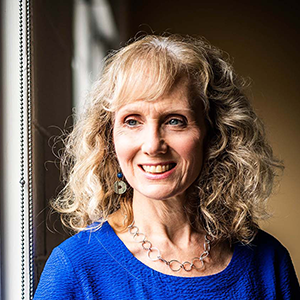
“Writing is one of the most important skills students need to succeed, and a program dedicated to honing their writing skills in the social sciences is a ‘win-win’ for students and BU’s social science research institutes,” said Deborah Carr, Arts & Sciences distinguished professor of sociology and director of the Center for Innovation in Social Sciences. “The student interns have the opportunity to interview social science faculty and students and illuminate their research, while the social science institutes benefit from having talented students communicate their affiliates’ work. We are eager to grow the program even more in the coming years.”

We want our interns to see that making a difference in the world requires being able to tell important stories using the wide range of genres that are familiar to the diverse audiences we aim to reach,” added David Shawn, Writing Program master lecturer, SWIP Program Director, and Associate Director for Writing in the Disciplines. “We had hoped that the students would have meaningful experiences in their respective centers, and we were so delighted by the enthusiasm and the support of the program from the directors who supervised our interns.”
The five undergraduate students in the inaugural cohort — Mika Yao (CAS’ 25), Nathaniel Clizbe (CAS’25), Anne Joseph (CAS’25), Devin Rauscher (CAS’26), and Rayea Jain (COM’26) — were placed at one of four sites on campus: the Center for Innovation in Social Science, the Center on Forced Displacement, the Center for Mind & Culture, and the College of Arts and Sciences Communications Office.
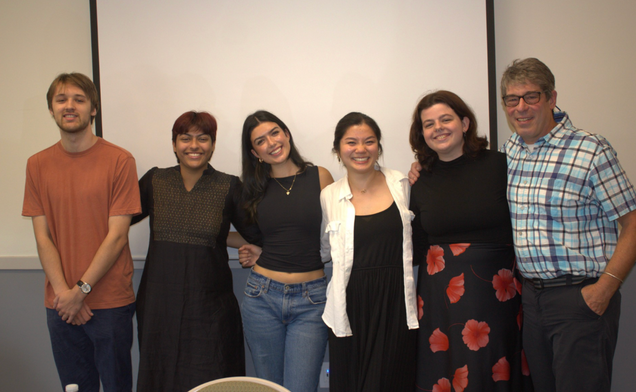
For nine weeks, each intern worked closely with on-site facilitators, reporting on each institute’s faculty, research, and outreach activities. They also attended a weekly workshop led by Dr. Stephen Hodin, SWIP Coordinator and Writing Program Senior Lecturer, where they evaluated social science publications and peer-reviewed each other’s articles, bridging the writing work undertaken in the centers with the individual writing projects they each brought to the internship.

When they weren’t in the office, the interns had the opportunity to focus on research of their own. And at the end of the program, the students presented their summer work in front of their instructors, supervisors, and friends.
“As one of the co-creators of the SWIP program, I was thrilled to see the amazing camaraderie among the student interns and the thoughtful and important research projects that they described in their presentations,” Shawn said. “Overall, the collaborations between the students, and between students and faculty, helped our student interns to enhance their writing and communication skills in the social sciences! It was a great experience.”
Read about the intern’s work below.
Nathaniel Clizbe
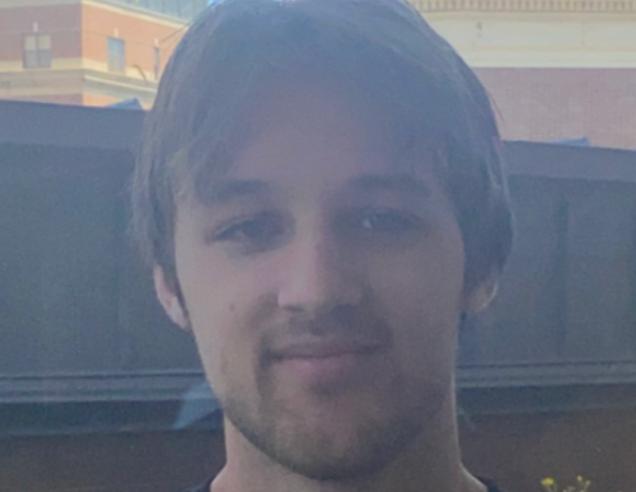 Despite being a Computer Science major, Nathaniel Clizbe (CAS’25) has always had a passion for history, specifically analyzing the historical background of the United States. During his SWIP workshops, Clizbe revised an essay he wrote for CAS HI151 “United States History to 1865.” The essay examined the life of Reverend George Burroughs, a man executed at the Salem Witch Trials, as a counterexample to Stephen Nissenbaum and Paul Boyer’s Salem Possessed. In his research “Communicating and Researching History Through Interdisciplinary Lenses,” Clizbe reapproaches Reverend Burroughs as an example of the Puritan Church resisting liberalization, and he plans to use this project as the basis for a Directed Study at Boston University.
Despite being a Computer Science major, Nathaniel Clizbe (CAS’25) has always had a passion for history, specifically analyzing the historical background of the United States. During his SWIP workshops, Clizbe revised an essay he wrote for CAS HI151 “United States History to 1865.” The essay examined the life of Reverend George Burroughs, a man executed at the Salem Witch Trials, as a counterexample to Stephen Nissenbaum and Paul Boyer’s Salem Possessed. In his research “Communicating and Researching History Through Interdisciplinary Lenses,” Clizbe reapproaches Reverend Burroughs as an example of the Puritan Church resisting liberalization, and he plans to use this project as the basis for a Directed Study at Boston University.
This summer, Clizbe worked with the Center for Mind & Culture (CMC) contributing to the Lawson Interviews of Seventh Day Adventists (LISDA) project, which aimed to organize over 4,000 of Dr. Ronald Lawson’s interviews with Seventh Day Adventists across the United States.
“I came here to work but I come out with something I can take into the future,” Clizbe said.
Mika Yao
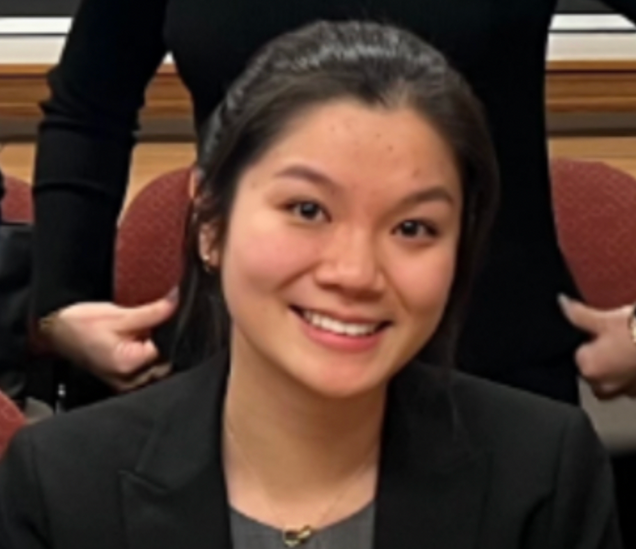 Mika Yao (CAS’ 25) devoted her summer to developing an Undergraduate Research Opportunities Program (UROP) proposal for her pre-existing research investigating the 2017 “Day Without Immigrants” and the “Remain in Mexico” policies introduced under the Trump administration. Double majoring in political science and international relations, Yao has an extensive background studying and advocating for immigration rights. Her involvement as president of the BU Mock Trial Organization has also strengthened her understanding of court procedures and legal practices. Yao plans to frame her thesis, “Analyzing Legal Inequities and Obstacles of the US Immigration System for Asylees,” around the nuances of court procedures for migrant cases; she specifically examines why the burden of proof normally falls on the prosecutors or state in non-migrant cases, yet with migrant defendants, the burden of proof is their responsibility. Interning for the Center on Forced Displacement (CFD), Yao worked directly with the institute’s magazine and wrote profiles on CFD grad students and affiliates.
Mika Yao (CAS’ 25) devoted her summer to developing an Undergraduate Research Opportunities Program (UROP) proposal for her pre-existing research investigating the 2017 “Day Without Immigrants” and the “Remain in Mexico” policies introduced under the Trump administration. Double majoring in political science and international relations, Yao has an extensive background studying and advocating for immigration rights. Her involvement as president of the BU Mock Trial Organization has also strengthened her understanding of court procedures and legal practices. Yao plans to frame her thesis, “Analyzing Legal Inequities and Obstacles of the US Immigration System for Asylees,” around the nuances of court procedures for migrant cases; she specifically examines why the burden of proof normally falls on the prosecutors or state in non-migrant cases, yet with migrant defendants, the burden of proof is their responsibility. Interning for the Center on Forced Displacement (CFD), Yao worked directly with the institute’s magazine and wrote profiles on CFD grad students and affiliates.
“This program has helped me a lot to form my own research and learn about others,” Yao said.
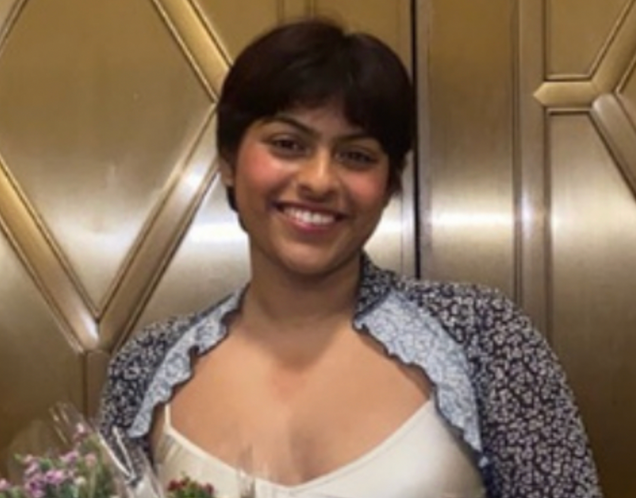
Anne Joseph
Originally from the Boston area, Anne Joseph’s (CAS’25) summer research started after exploring local neighborhoods and noticing a lack of queer spaces. As a rising senior studying sociology and African American & Black Diaspora Studies, Joseph has an impressive background advocating for liberation movements at Boston University as Leader of the Arts & Science Anti-Racist Initiative. This summer, she spent her SWIP workshops writing a UROP grant proposal for her intended research “Mapping Queer Placemaking in Dorchester, MA.” Her thesis centers around mapping queer-owned places in Dorchester, in hopes of identifying a prominent queer community in the area and strengthening the bonds between members. They are particularly interested in whether threats of displacement are impacting the ability for queer residents to maintain these spaces. As an intern for the Center for Innovation in Social Science (CISS), Joseph published articles on the institute’s faculty, graduate, and undergraduate research in social science.
“[SWIP] was a really serendipitous opportunity for me, just getting to know people I wouldn’t have had the chance to know otherwise,” Joseph said. “When the fall starts, I’ll begin collecting interviews for my senior thesis. I’m excited to get my approval, get more funding, and just see what happens.”
Devin Rauscher
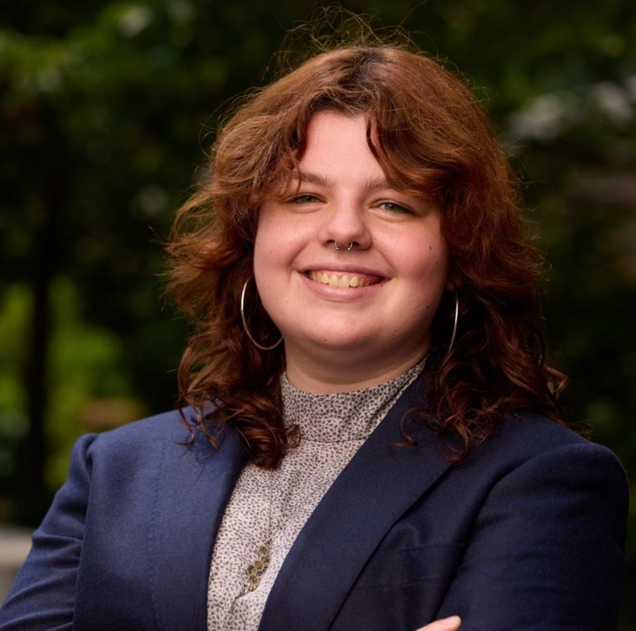 Devin Rauscher (CAS’26) spent his summer as a SWIP intern preparing a UROP proposal for his research, “Tracing the Evolution of Sex Work Policy and Perception in Massachusetts.” As a History major, he focused his thesis on the context of the Prostitutes Union of Massachusetts (PUMA) during the rise of the AIDS crisis in the mid-1970s. Rauscher aims to debunk contemporary stigmatisms surrounding sex work by tracing their origins to the Sex Workers’ Protest Movement. Working with Mika at the Center on Forced Displacement (CFD), he helped edit the Critical Forced Displacement magazine and wrote articles about recent developments at the center.
Devin Rauscher (CAS’26) spent his summer as a SWIP intern preparing a UROP proposal for his research, “Tracing the Evolution of Sex Work Policy and Perception in Massachusetts.” As a History major, he focused his thesis on the context of the Prostitutes Union of Massachusetts (PUMA) during the rise of the AIDS crisis in the mid-1970s. Rauscher aims to debunk contemporary stigmatisms surrounding sex work by tracing their origins to the Sex Workers’ Protest Movement. Working with Mika at the Center on Forced Displacement (CFD), he helped edit the Critical Forced Displacement magazine and wrote articles about recent developments at the center.
Rayea Jain
 After three months of reporting in Lowell, Massachusetts on the second-largest Cambodian population in the country, Rayea Jain (COM’26) realized there might be another angle to her story. Working closely with Meghan Irons, a former member of the Boston Globe Spotlight team and professor in journalism, Jain spent spring semester reframing the media perception of the Cambodian community, when she recognized that the community was self-segregated within certain wards in Lowell. In her proposed research, “Understanding Ethnic Self-Segration in Lowell, MA,” Jain explored the complex causes of ethnic self-segregation in Lowell and its impact on the greater Lowell area.
After three months of reporting in Lowell, Massachusetts on the second-largest Cambodian population in the country, Rayea Jain (COM’26) realized there might be another angle to her story. Working closely with Meghan Irons, a former member of the Boston Globe Spotlight team and professor in journalism, Jain spent spring semester reframing the media perception of the Cambodian community, when she recognized that the community was self-segregated within certain wards in Lowell. In her proposed research, “Understanding Ethnic Self-Segration in Lowell, MA,” Jain explored the complex causes of ethnic self-segregation in Lowell and its impact on the greater Lowell area.
This summer, she worked on a UROP grant proposal that she hopes to present next year. As a journalism major with a concentration in socio-cultural anthropology, Jain has always been interested in the intersection of communication and social science. Working closely with the Center for Innovation in Social Science (CISS) and the College of Arts and Sciences Communications Office, Jain connected with the professors, graduates, and undergraduate students to report on ongoing research and upcoming publications.
“This internship has truly opened so many doors for me and allowed me to explore career paths I wasn’t aware of. Drafting a UROP grant proposal was definitely out of my comfort zone as a journalist, but I’m excited for the next steps in my research,” Jain said.